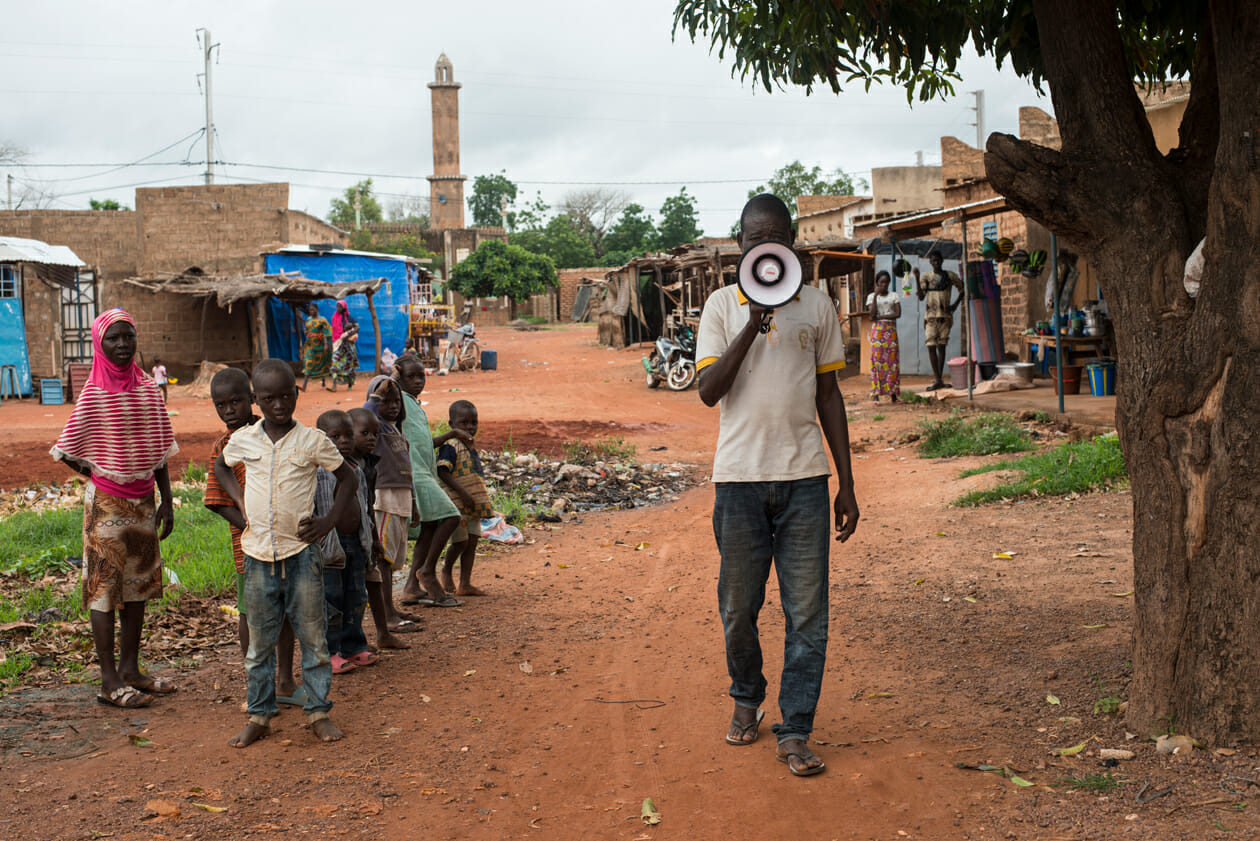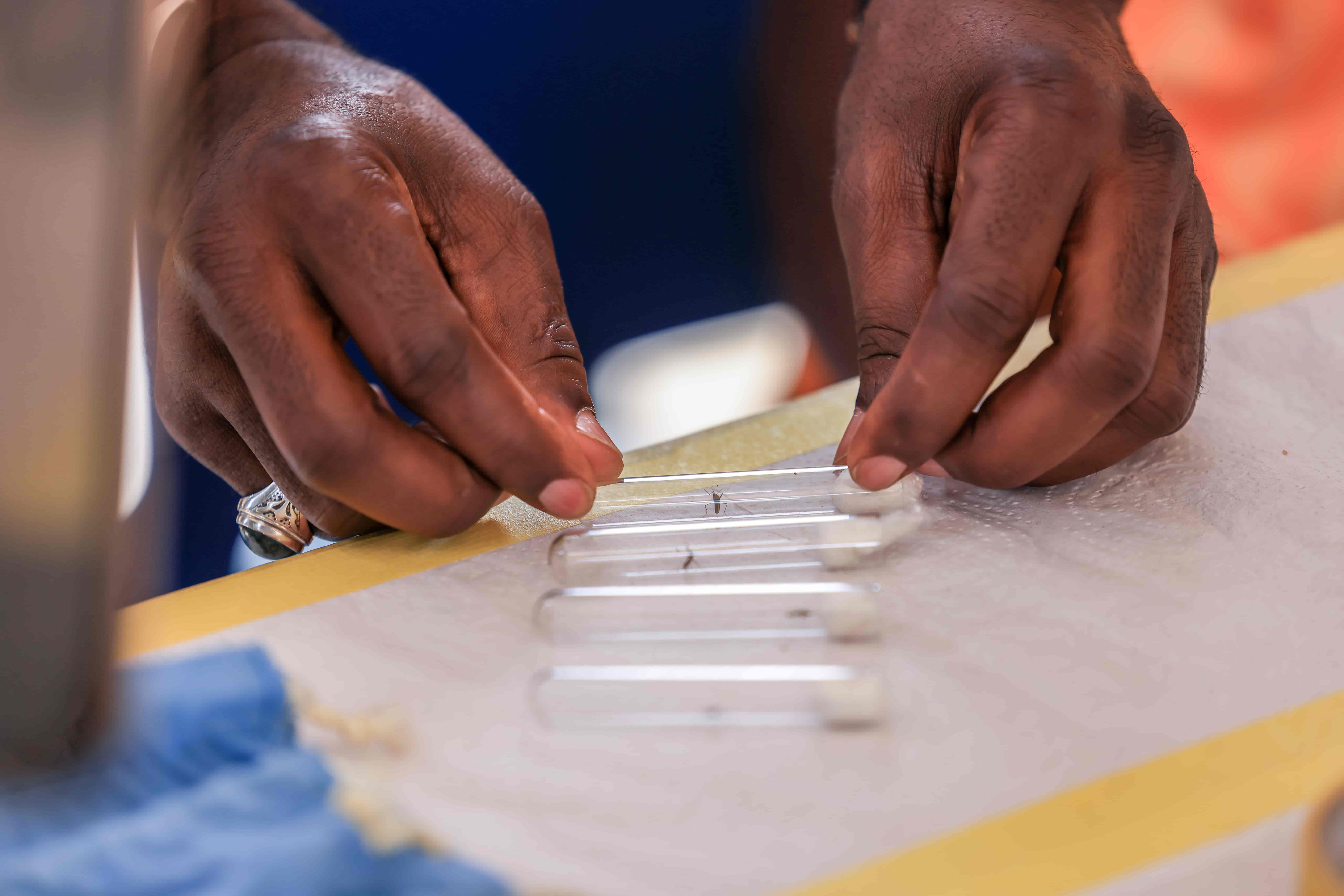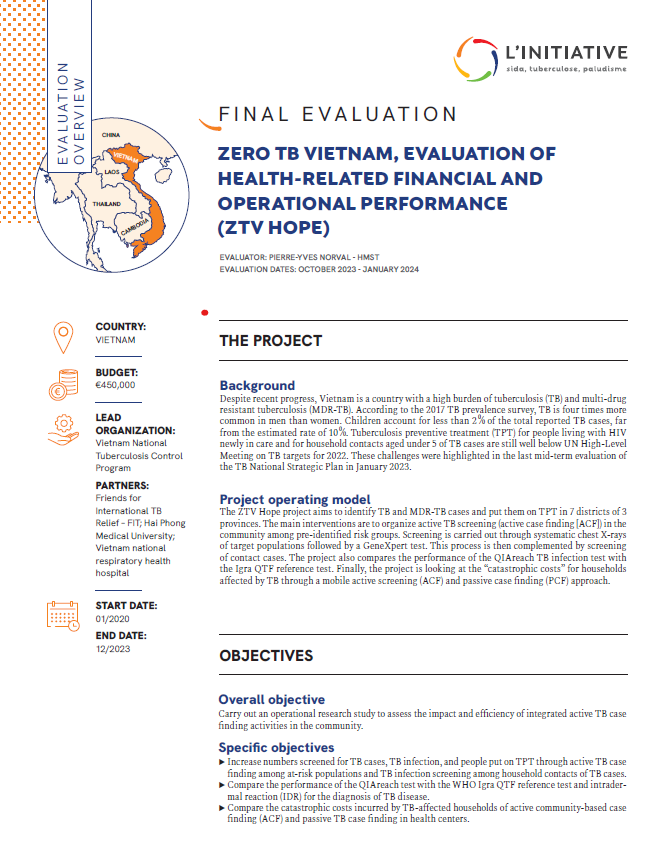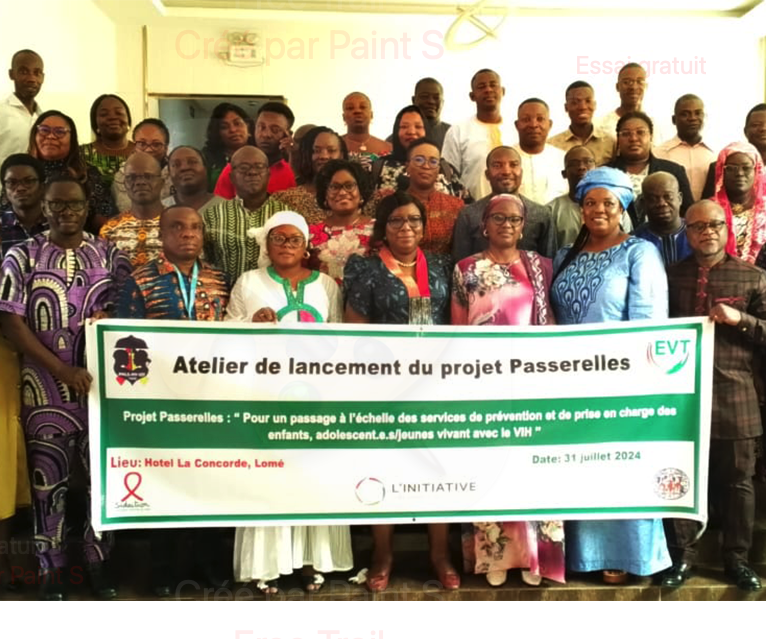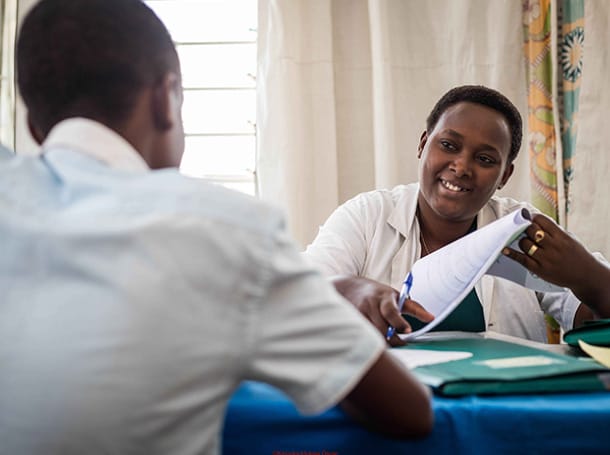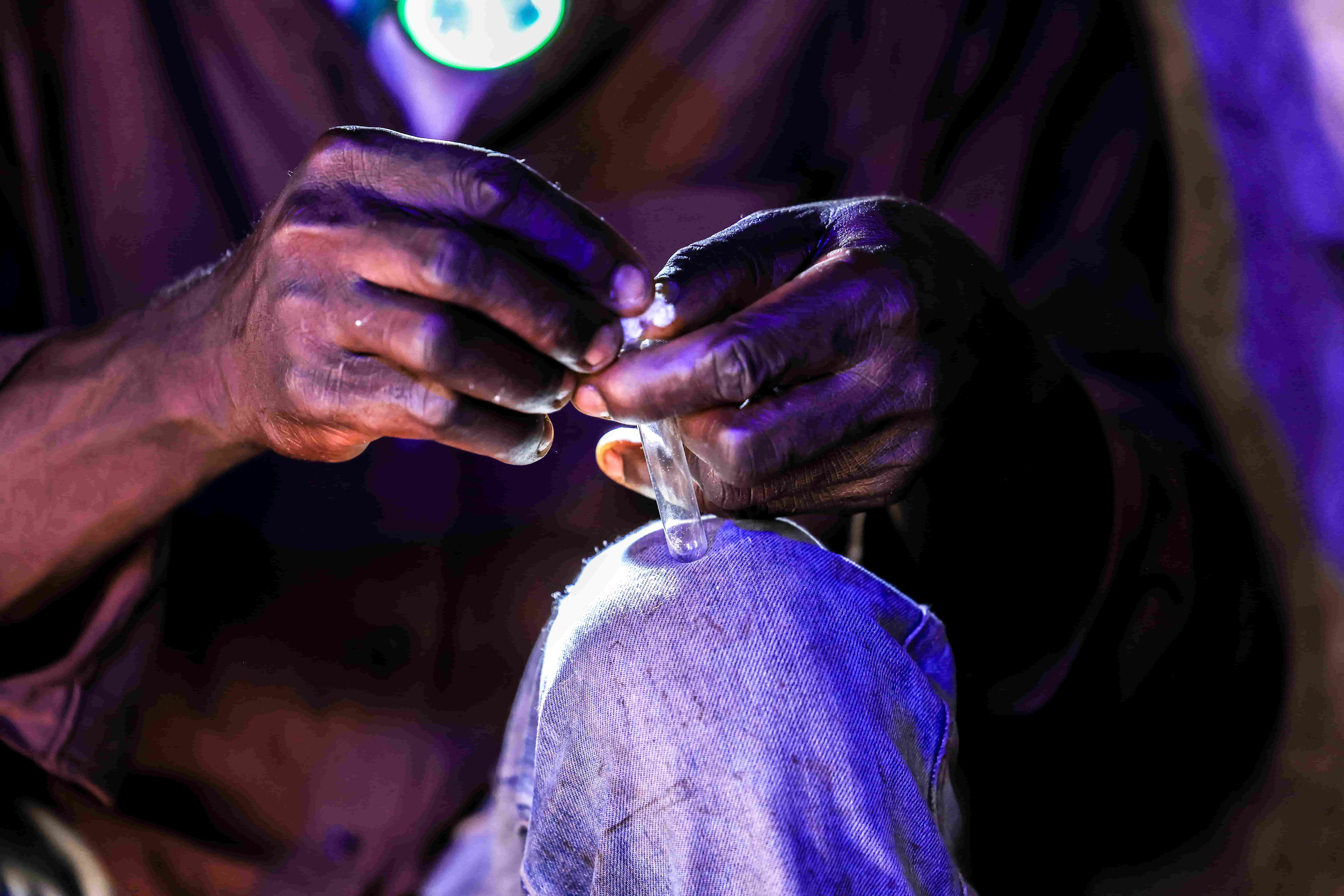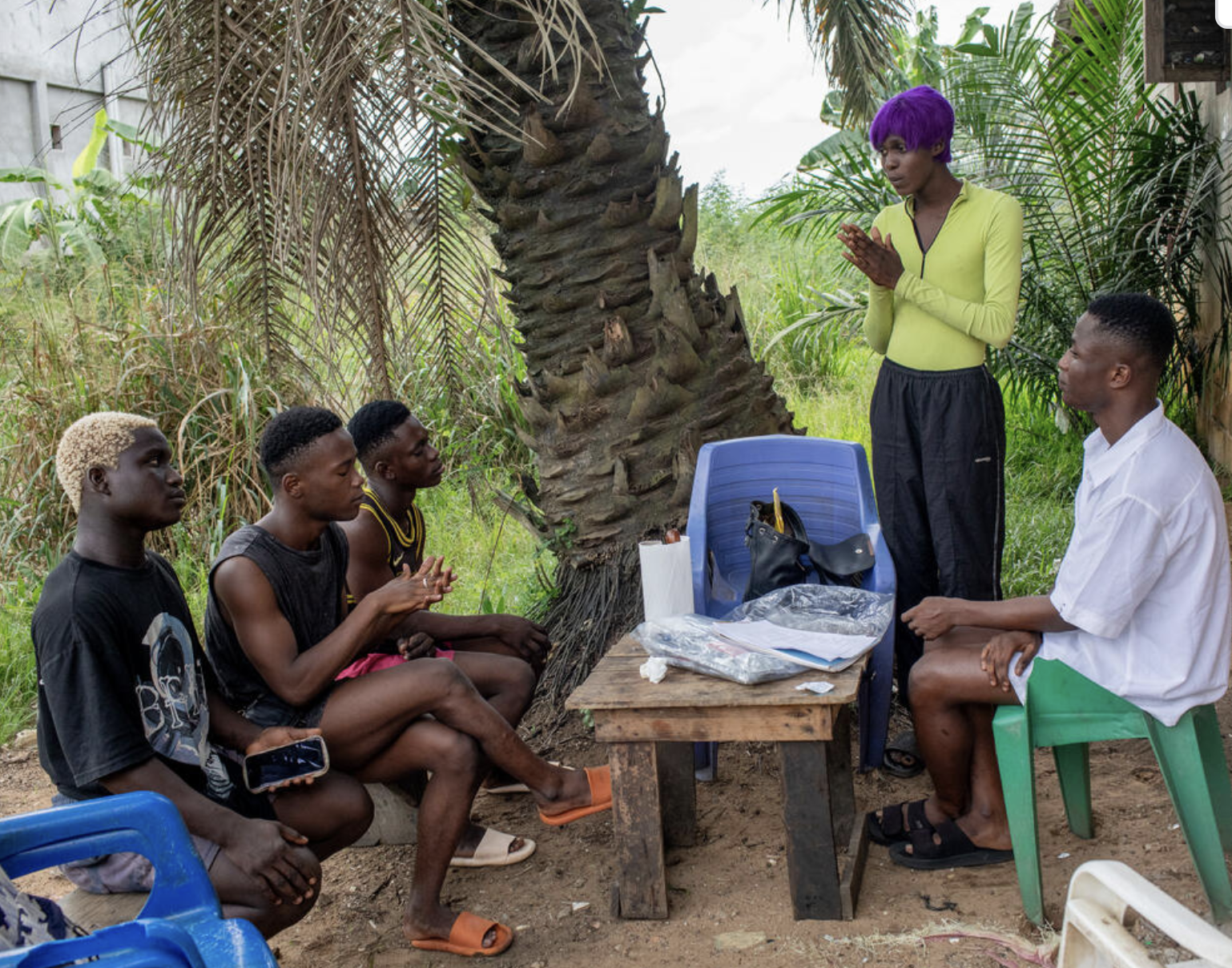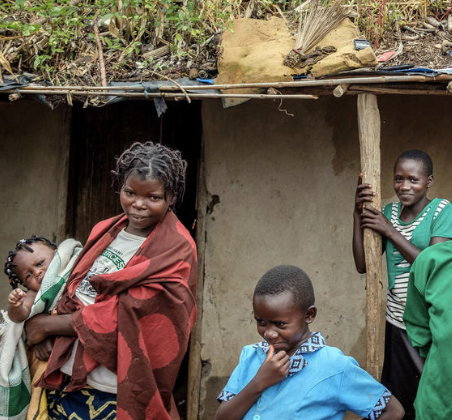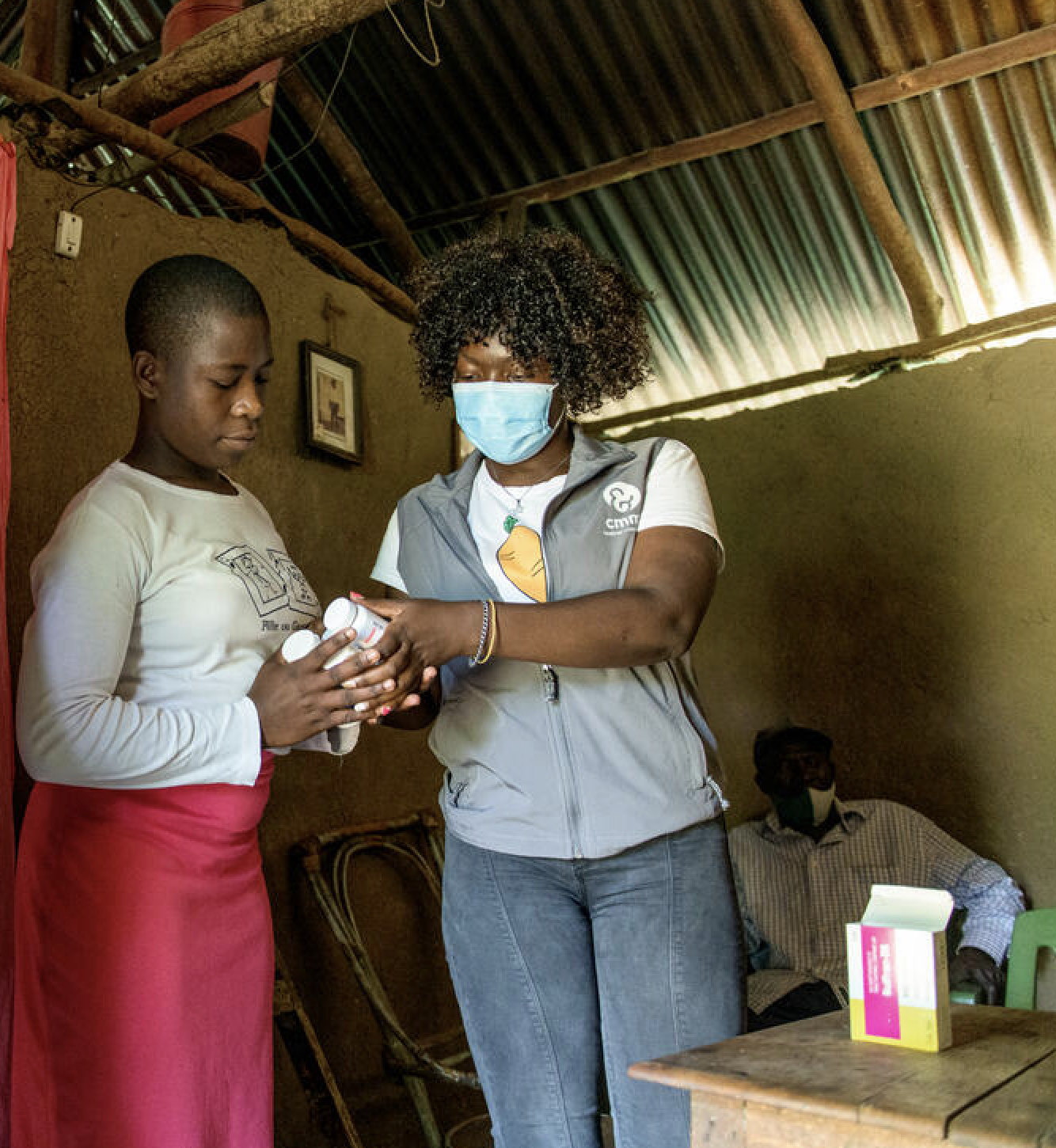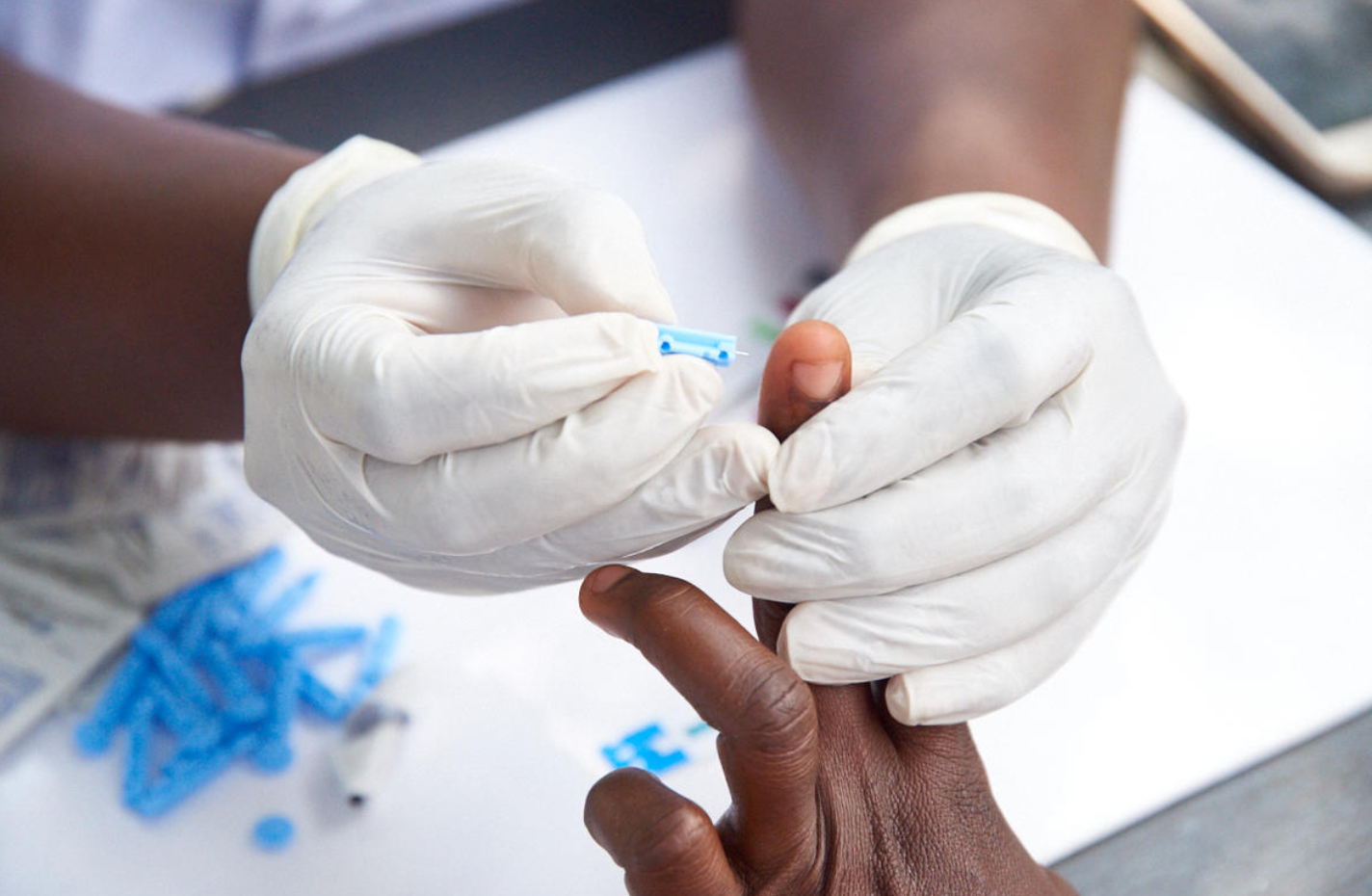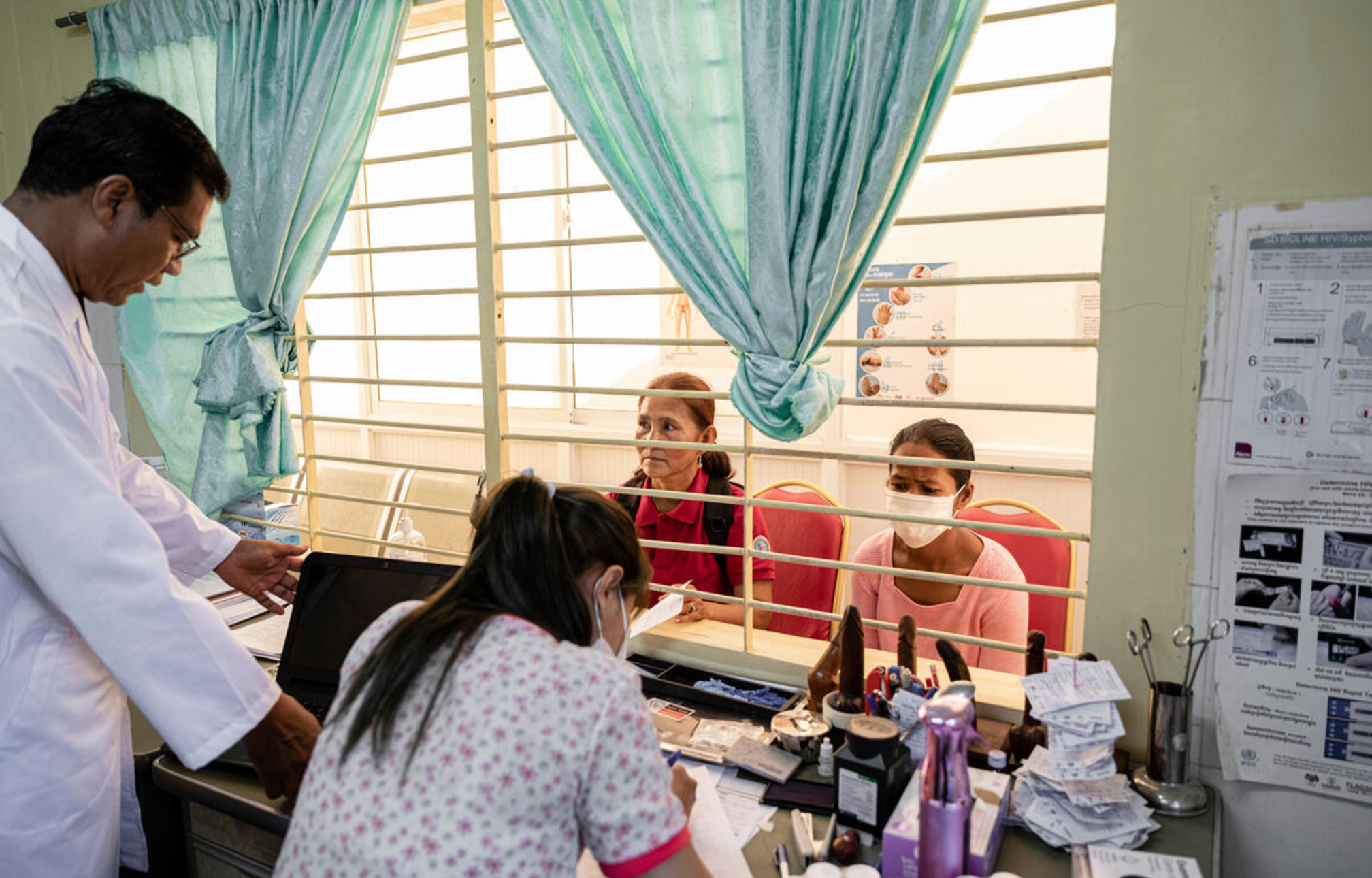In 2022, the challenge is to guarantee our collective capacity to keep fighting pandemics. For that, the international community must contribute to the Global Fund, as it does every three years. Éric Fleutelot explains what hangs in the balance.
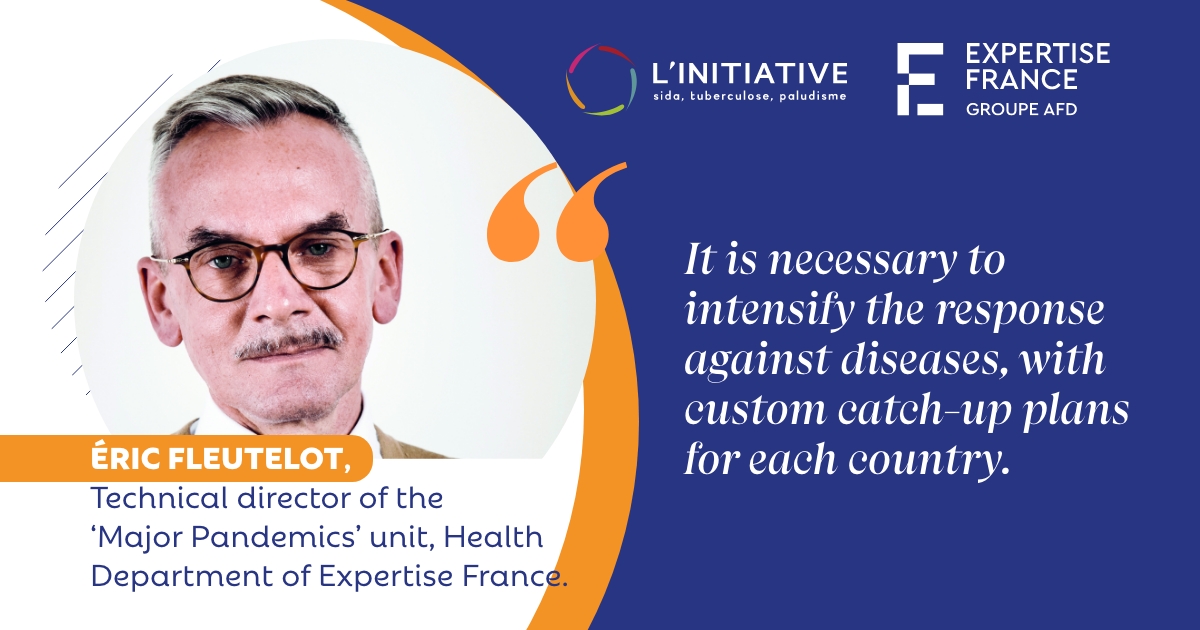
“In the fall of 2022, the Global Fund’s Seventh Replenishment will take place in the United States. The stakes are high for this unique partnership, which brings together donor countries, countries implementing pandemic responses, and many technical partners and civil society members. Pledges to fund the fight against pandemics for the next three years are needed, as the world is likely to continue its mobilization against the COVID-19 pandemic.
France will be present at this major health aid event. Expertise France will assume its role. Through L’Initiative, the agency implements France’s strategy in global health. Year after year, it has grown to be a key partner for the Global Fund, recognized and valued.
The Global Fund has quite honorable results to present at the conference. However, indicators for each disease are cause for concern. In its 2021 report, the Global Fund found that, because of COVID-19, HIV screenings decreased by 22%, depriving 30 million people of testing. A million fewer people were tested and treated for TB, and the number of screenings for suspected malaria cases dropped by 4.3%.
The solution? It is isnecessary to intensify the response against diseases. It must include custom catch-up plans for each country for the most affected programs. But it supposes renewed and even broader financial mobilization. The Global Fund’s secretariat estimates that at least US$18 billion are needed. An ambitious compromise between what is necessary, what implementing countries will be able to use, and what donor countries can bring to the table.
The Global Fund will have to play a more significant role in facing future pandemics. But will it be able to do so while targeting the elimination of the
HIV, TB, and malaria pandemics? It is a challenge that the Global Fund will take up only if it can invest more in health systems, especially in human resources, which are so lacking. Only if it advocates for health services for all, while respecting fundamental human rights, without neglecting the most vulnerable, such as children or marginalized persons.”
ÉRIC FLEUTELOT, technical director of the ‘Major Pandemics’ unit, Health Department of Expertise France.
Find the 2022 Activity Report.
